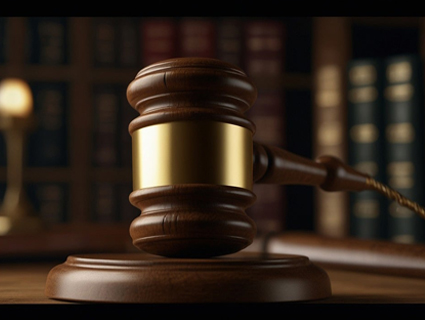Child pornography is an extremely serious crime that targets the most vulnerable among us. It causes serious physical damage, as well as long term emotional and psychological damage to its victims. That is why the state of Illinois imposes severe legal consequences, not only for possession, but for distribution and dissemination of child pornography.
Today we’ll examine pornography laws in Illinois, as well as the penalties for dissemination of child pornography.
What is Dissemination of Child Pornography?
We’ll start by examining what constitutes child pornography in the state of Illinois.
Illinois uses a broad definition of child pornography, defined as any visual depiction that is sexually explicit in nature, featuring a person under the age of 18.
The depiction can be on traditional media, such as photographs, film, or tape, or electronic in nature. Child pornography can even extend to include persons with a severe mental disability that prevents them from consenting to these acts.
Distribution, or dissemination of child pornography, occurs when there is an intent to sell, trade, or otherwise propagate the spread of the offending material. This differs from simple possession of child pornography, and carries steeper penalties.
While Dissemination of child pornography can be physical, it can also occur when the material is uploaded, downloaded, shared in chat rooms or transmitted by other electronic means.
While it is illegal to possess child pornography, a more serious charge of possession with intent to disseminate can also be brought against a defendant if they are found in possession of multiple copies of the same materials. In this case a judge may conclude that there was a likely intent to distribute the materials, even if they were not actually disseminated.
Key to these charges is that the defendant must knowingly understand that the persons depicted in the video are under the age of 18. If the defendant can prove in court that they did not know the persons were under legal age, they may be able to defend against the charges.
Penalties for Dissemination of Child Pornography
If found guilty of dissemination of child pornography, the consequences are severe. Under 720 ILCS 5/11-20.1 of the Illinois Compiled Statutes, penalties may be administered as either Class 1 or Class X Felonies.
Class 1 Felony
For child pornography that is photographic in nature, meaning that it does not involve film or video (moving images), it is considered a Class 1 Felony. A Class 1 Felony is punishable by 4 to 15 years in jail. It also carries a mandatory fine of $1,000, which can escalate to a maximum of $100,000 depending on the exact nature of the crime.
Class X Felony
For offenses that involve film, videotape or other moving depictions, the offense becomes a Class X Felony. A Class X felony is more severe, and carries a minimum of 6 years in prison, and up to 30 years. Fines between $1,000 to $100,000 may also be applied.
Class X Felonies may also be applied if the victim depicted is under the age of 13. In these instances, the minimum fine increases to $2,000. If the defendant has a previous conviction for sex crimes, the minimum sentence may also be increased from 6 to 9 years.
Lastly, child pornography laws in Illinois state that photos or videos that feature penetration or sexual abuse of a child are considered a crime of violence, and the penalties can be further escalated.
Defenses Against Distribution/Dissemination of Child Pornography
If you are facing charges of dissemination of child pornography, it is crucial that you seek help from an experienced criminal defense attorney immediately. While distribution/dissemination of child pornography is a serious charge, the US constitution ensures everyone the right to a fair trial.
It is possible to mount a defense against these charges. Some potential defenses include:
- Lack of Knowledge – It may be argued that a defendant was unaware of the age of the persons depicted in the offending materials, or that they were unaware of the nature of the materials.
- Mistaken Identity – An argument may be made that another person used your computer, accounts, or other devices to access the pornographic materials without your knowledge or consent.
- Accidental Transmission – This argument is based on the fact that these files were received mistakenly, or as part of a computer virus or other means outside of the defendant’s direct control.
Conclusion
Pornography laws in Illinois deem dissemination of child pornography as any intent to distribute pornographic materials involving a person under the age of 18. Penalties increase in severity when the depicted persons are under the age of 13, and if they are subject to violent acts.
Dissemination of child pornography is an extremely serious crime, with significant repercussions. Beyond physical damage, it causes lifetime emotional and psychological damage to its victims.
If you or someone you know are in need of defense against charges of dissemination of child pornography, it is imperative that you get help from an experienced attorney as soon as possible.
Criminal Lawyer Illinois has over 17 years of experience defending both Illinois and federal white collar crimes across the US, including charges such as possession and dissemination of child pornography. Led by Sami Azhari, we have tried over 100 cases including many involving charges of dissemination of child pornography.
Contact Sami Azhari at Criminal Lawyer Illinois for a consultation on your defense for dissemination of child pornography. Sami will help you understand your case, and explore potential defenses, so you can protect your rights and obtain the best outcome for your case. Contact us today.

